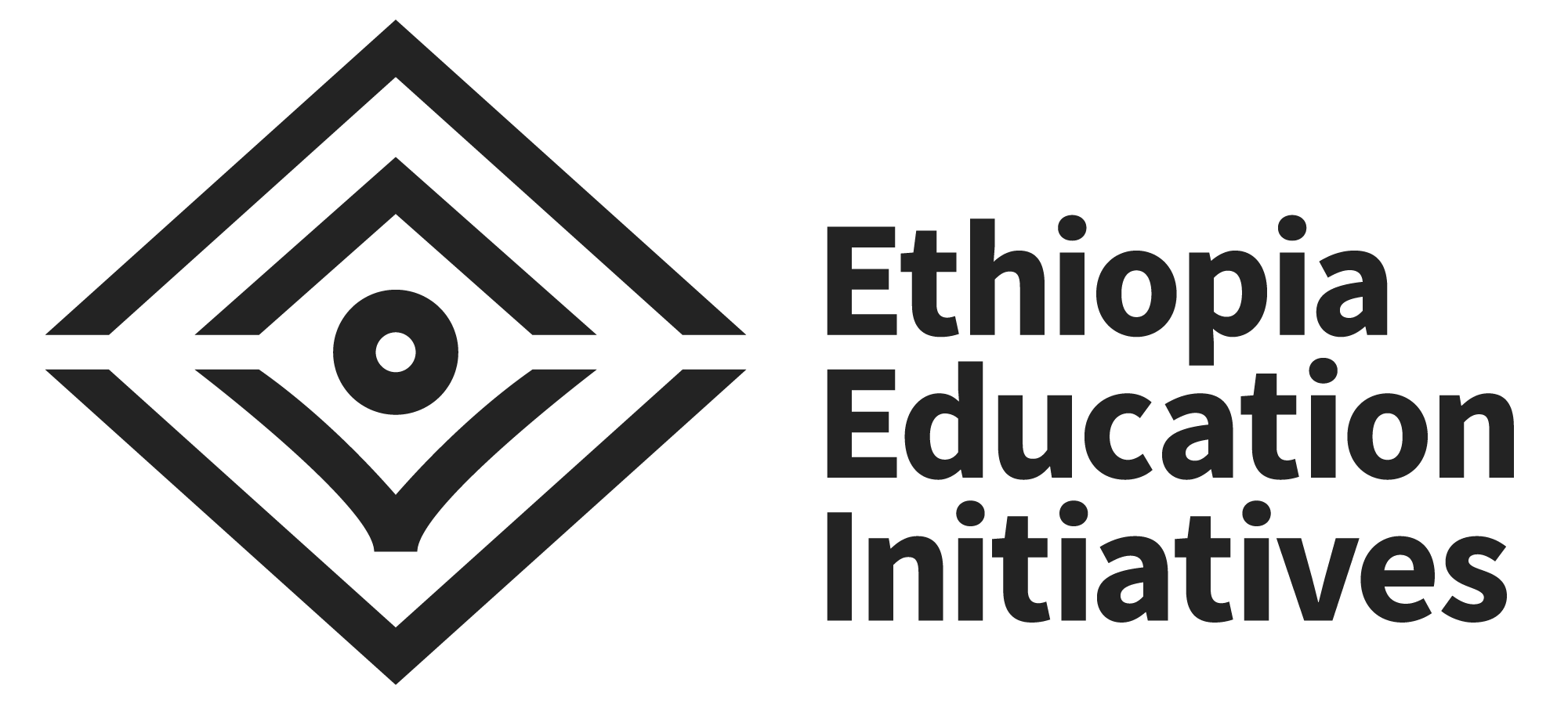Leadership in Community
Marshall Nicoloff is HMA’s Director of Student Life
Growing up in Vermont, I was fortunate to spend a lot of time outdoors. However, it wasn’t until college that I truly began appreciating the value of that time spent in the wilderness. During college I learned to lead others in outdoor experiences, including at a job at a summer youth camp. I quickly realized that not only did I love working outdoors, I specifically enjoyed working with young people as they discovered the outdoors for themselves. I switched my studies to outdoor leadership, and I haven’t looked back.
Wilderness experiences and programming teach students important lessons about leadership, community, and a commitment to environmental ethics and stewardship. A residential school like HMA is perfectly designed to teach these core values, as well.
Just one month after the school’s opening, we’re already seeing students embrace these values. Students are taking initiative and welcoming leadership opportunities in the dorms, clubs and student life. Through our science curriculum and outdoor and sustainability clubs, they are working to minimize waste and actively discovering the land and biodiversity around them. They are taking responsibility for their surroundings through community-focused tasks, such as how they care for their dorms and common spaces.
Community is a pivotal component of HMA and is highlighted in our “Gojo” system. A gojo is the Amharic word for nest, and it is also used to refer to a traditional Ethiopian thatched roof home. It’s our term for what in a US residential school might be called a “house”. We are starting out with two gojos, each named for endemic animals of Ethiopia: the Mountain Nyala and the Walia Ibex.
Gojos are all about community-building. As a gojo, students engage in programs and in athletic, academic, and community competitions. For example, during orientation, we inaugurated the Gojo Olympics, where the two teams competed in events like a triviathon, relay races, tug-of-war, and a very loud cheer-off. We recently introduced the Gojo Cup, in which teams compete for points throughout the year. We intentionally reward points for actions that promote community, such as taking notes for a sick classmate. There’s always a big buzz during study hall when the day’s Gojo Cup scores are posted. It’s really exciting to see how quickly Gojo pride has taken root.
We are lucky to have such amazing students and to witness incredible acts of kindness every day, from the start. For example, on opening day, a parent had to step away for a while. I wanted to make sure the student was ok and when I sought her out, I found her seated with another student and her parent. I assumed the girls had come from the same town or school, but in fact the second student had simply noticed the first student sitting alone, and without being asked, had decided to reach out and welcome her.
We can’t take responsibility for who our students are or the values they bring to HMA. However, we can harness and develop that kind of maturity and empathy through design and intentional programming. We’ve developed a system that’s fostering our community, and it’s encouraging, since community will only become more important as we welcome each new class of students. Our first class recognizes that they’re pioneers, and they’re excited to be the ones creating new traditions and leading the way.
